Nigeria's Oil Production Dips Below Quota In February: A Looming Economic Crisis for Africa's Largest Oil Producer
- by Abdullah Muhammad, RNG247
- about 7 months ago
- 477 views
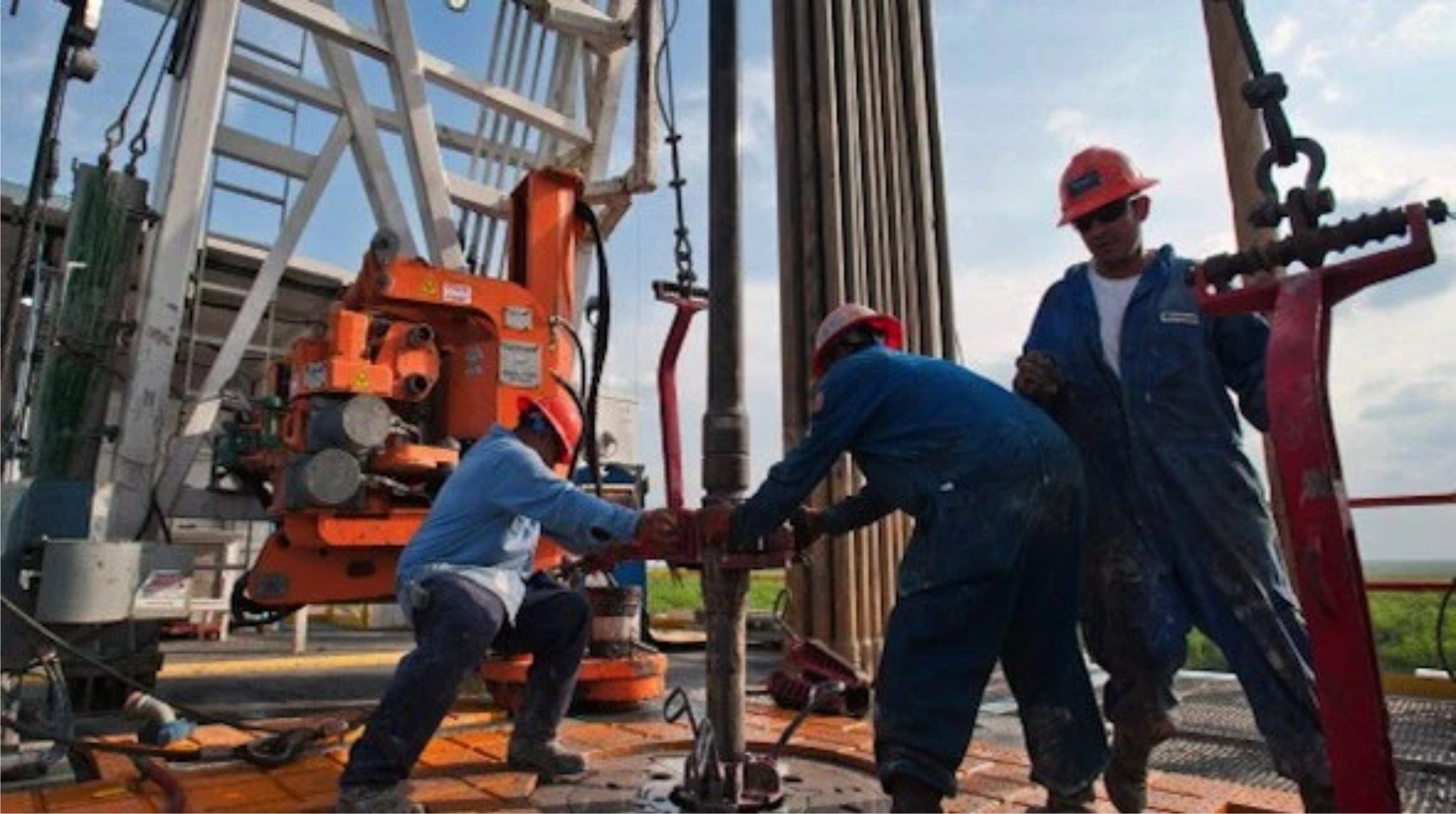
...Nigeria’s Oil Production Plummets Again: NNPCL Officials Under Scrutiny as Black Market Booms
In a troubling development for Nigeria’s oil industry, the country’s daily crude oil production has fallen to approximately 1.47 million barrels per day in February, as reported by RNG247—a decline that highlights the country’s ongoing struggles to maintain output amidst allegations of corruption and mismanagement within the Nigerian National Petroleum Corporation Limited (NNPCL).
Data from the Nigerian Upstream Petroleum Regulatory Commission (NUPRC) revealed that this recent downturn marks a significant drop from January’s production levels of 1.54 million barrels per day. As such, Nigeria has not only failed to meet its quota set by the Organisation of the Petroleum Exporting Countries (OPEC), which stands at 1.5 million barrels per day but also suffered a loss exceeding 2.1 million litres of crude oil over the course of February.
This setback is particularly disheartening, considering that just a month prior, Nigeria had exceeded its OPEC quota by over 30,000 barrels—a feat that garnered praise from industry stakeholders, who believed the Federal Government and relevant agencies were serious about achieving the ambitious target of 2.06 million barrels per day for 2025.
The NUPRC’s production figures for February show a decline in both crude oil and total oil output (which includes condensate), dropping from 1.78 million barrels per day in January to 1.67 million. The commission disclosed that the highest and lowest production figures for February were 1.76 million barrels per day and 1.60 million barrels per day, respectively, indicating the volatility stemming from ongoing issues within the sector.
Local observers have pointed the finger at NNPCL officials, suggesting that they are complicit in the persistent decline and the rise of an expansive black market in crude oil. Many Nigerians believe that rather than being caused solely by the notorious local bunkering practices that plagued the Niger Delta region for years, the current crisis results from deeper systemic problems within the oil sector. While claims about the use of unconventional methods such as “bottles of coke” persist, it is widely suspected that the real culprits are more entrenched in the system—those within the NNPCL who have failed to curb rampant oil theft and corruption.
While the Federal Government grapples with the implications of these declining production figures, Minister of State for Petroleum Resources, Heineken Lokpobiri, remains optimistic, stating that the country can increase oil production to three million barrels per day by adhering to a 'Drill, baby, drill' strategy inspired by former U.S. President Donald Trump. However, analysts caution that ambitions to achieve such production levels without addressing the root causes of theft and pipeline vandalism are unlikely to materialize.
The deflated production numbers come just as stakeholders within OPEC express concern that Nigeria has consistently struggled to meet its oil production quotas since 2022. Last month, Ademola Adeyemi-Bero, Chairman of the OPEC Board of Governors, emphasized that Nigeria should be capable of producing up to four million barrels per day, given its vast hydrocarbon reserves.
With the 2025 budget heavily reliant on achieving a production rate of 2.06 million barrels per day, the ramifications of this production shortfall extend beyond immediate oil revenue—they threaten the broader economic stability of the nation. Unless significant improvements occur, the future of Nigeria’s oil sector, once the pride of the nation, remains decidedly uncertain.




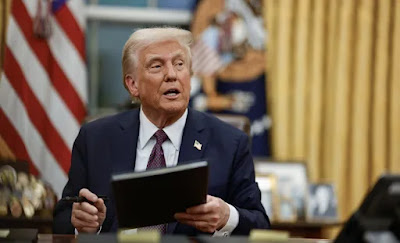
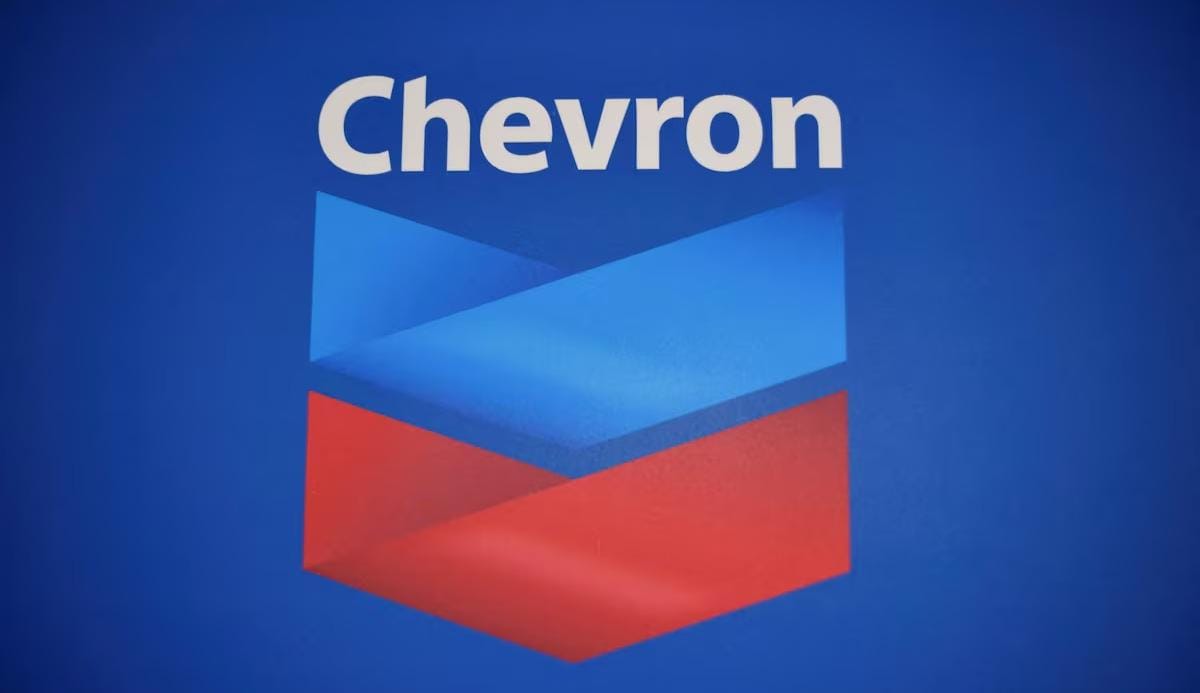
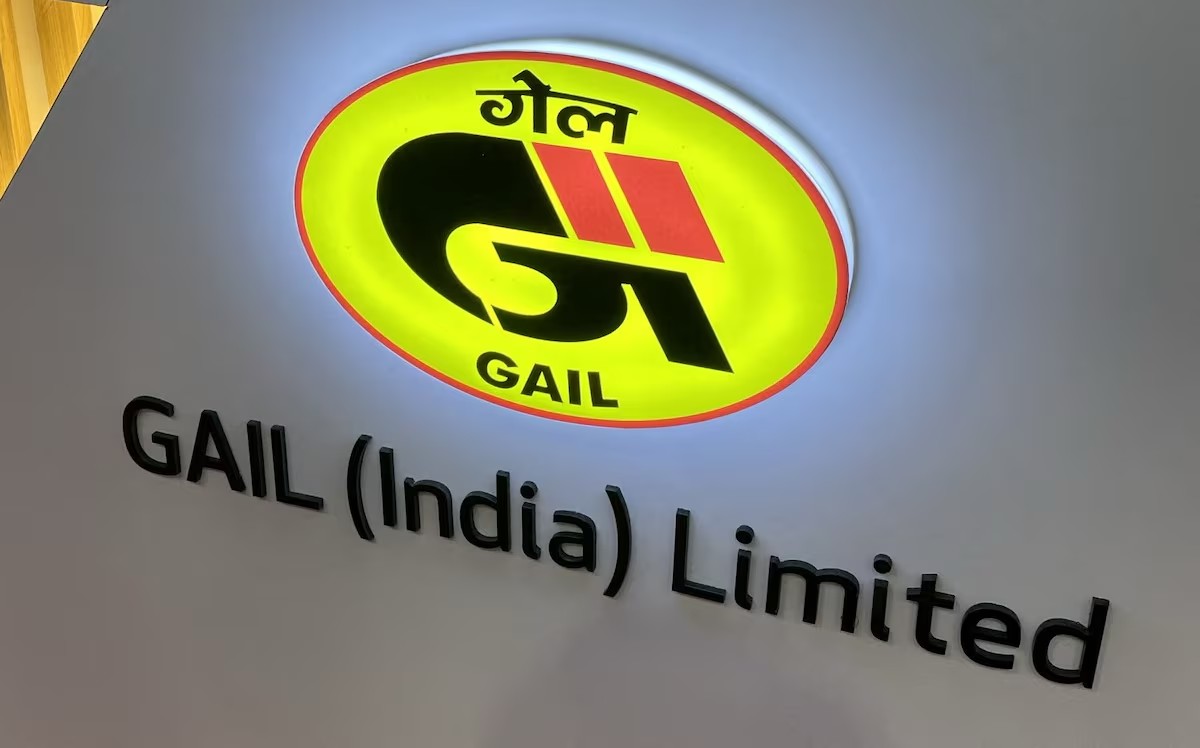
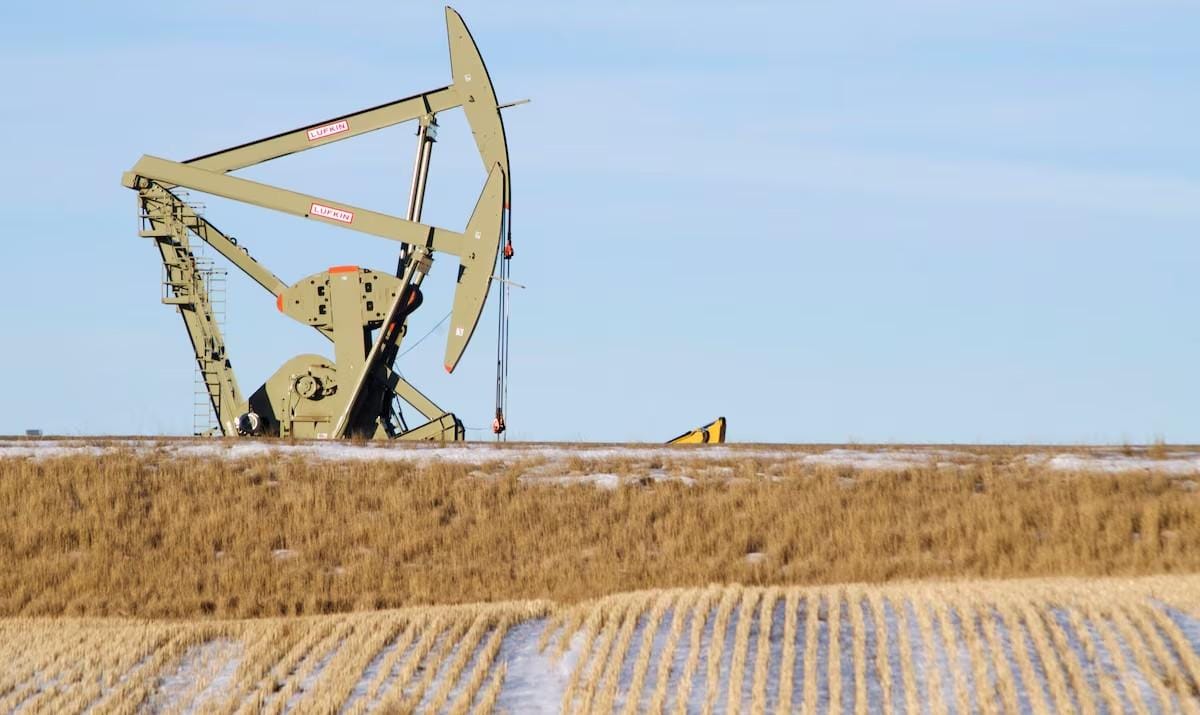



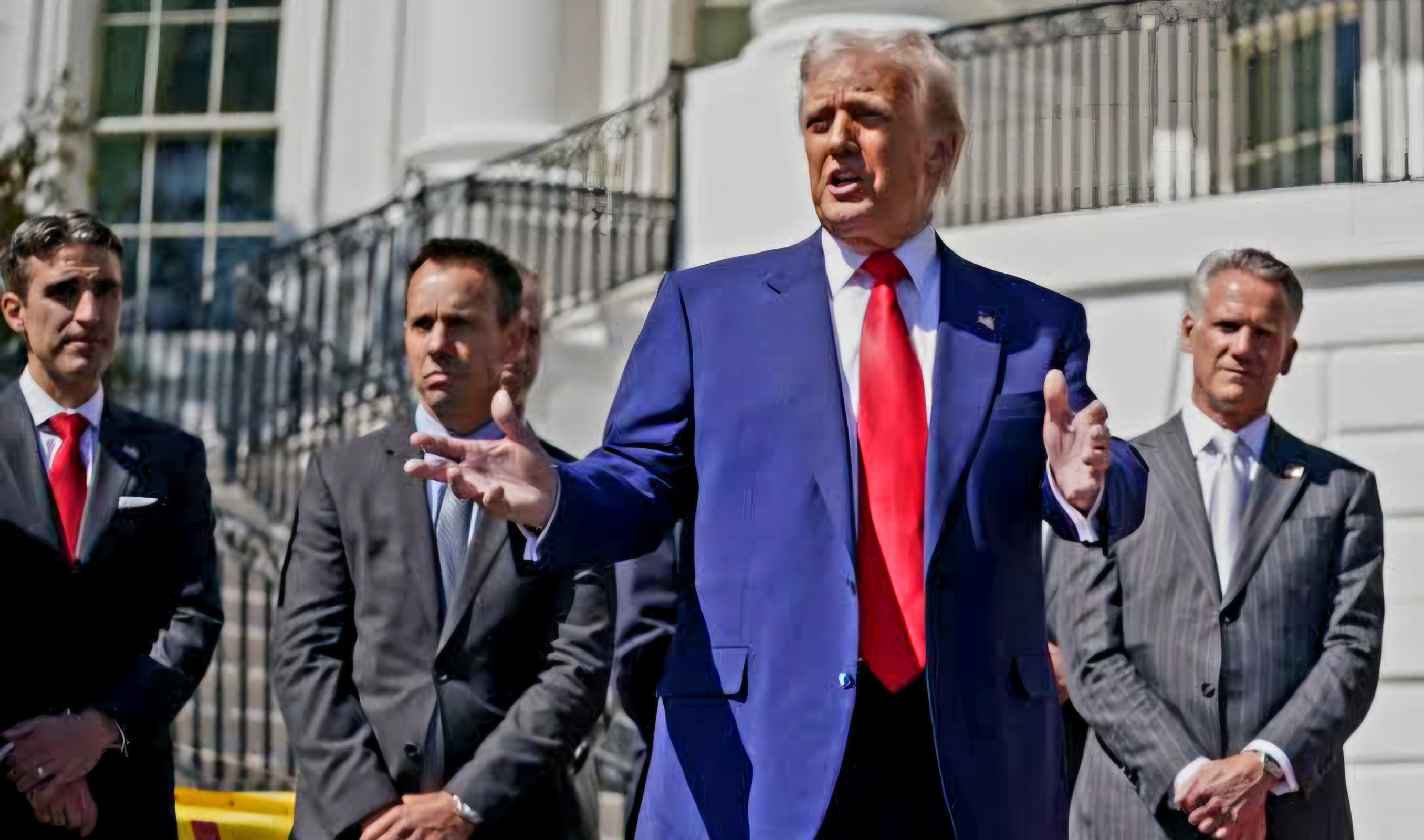

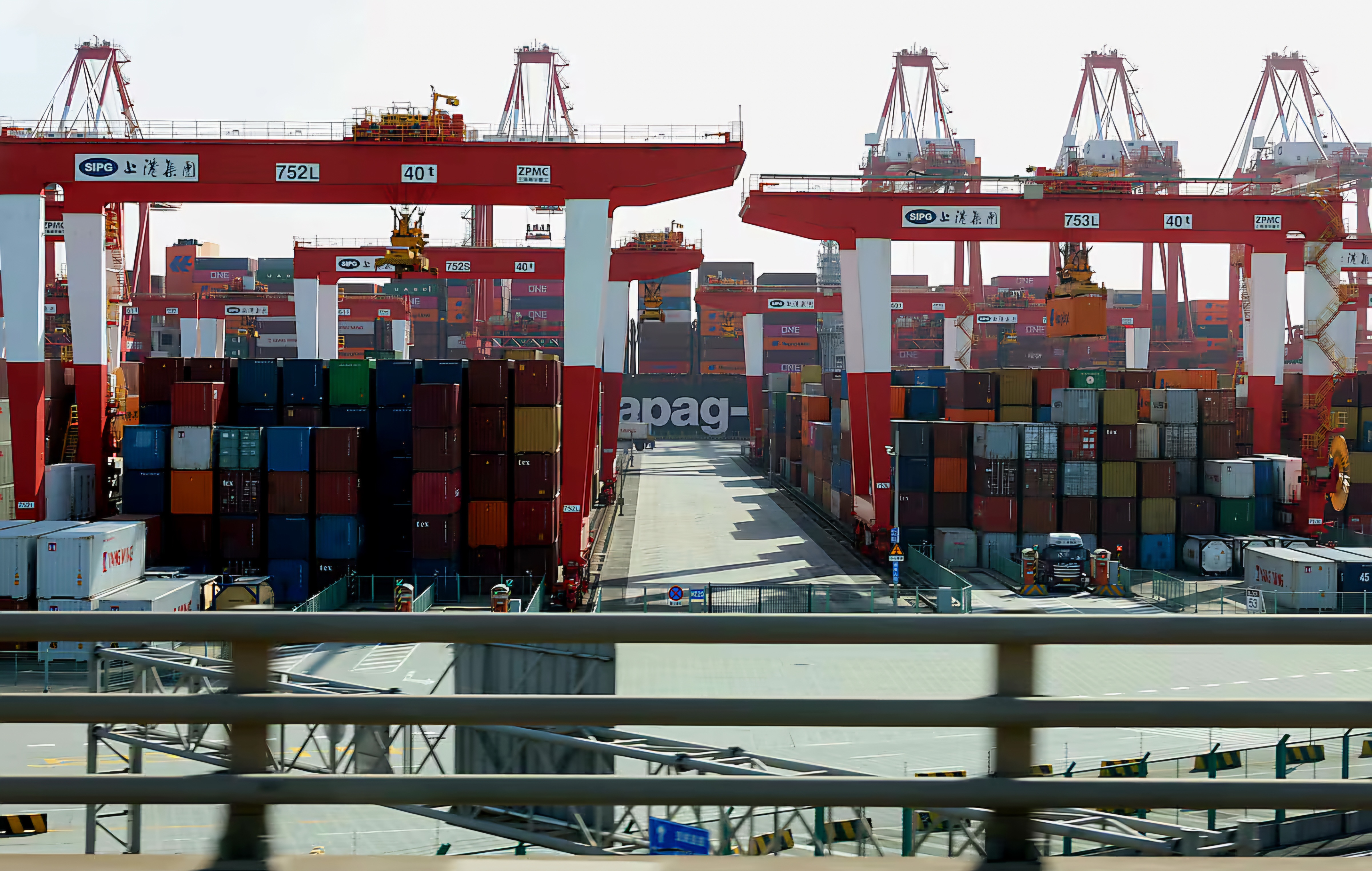
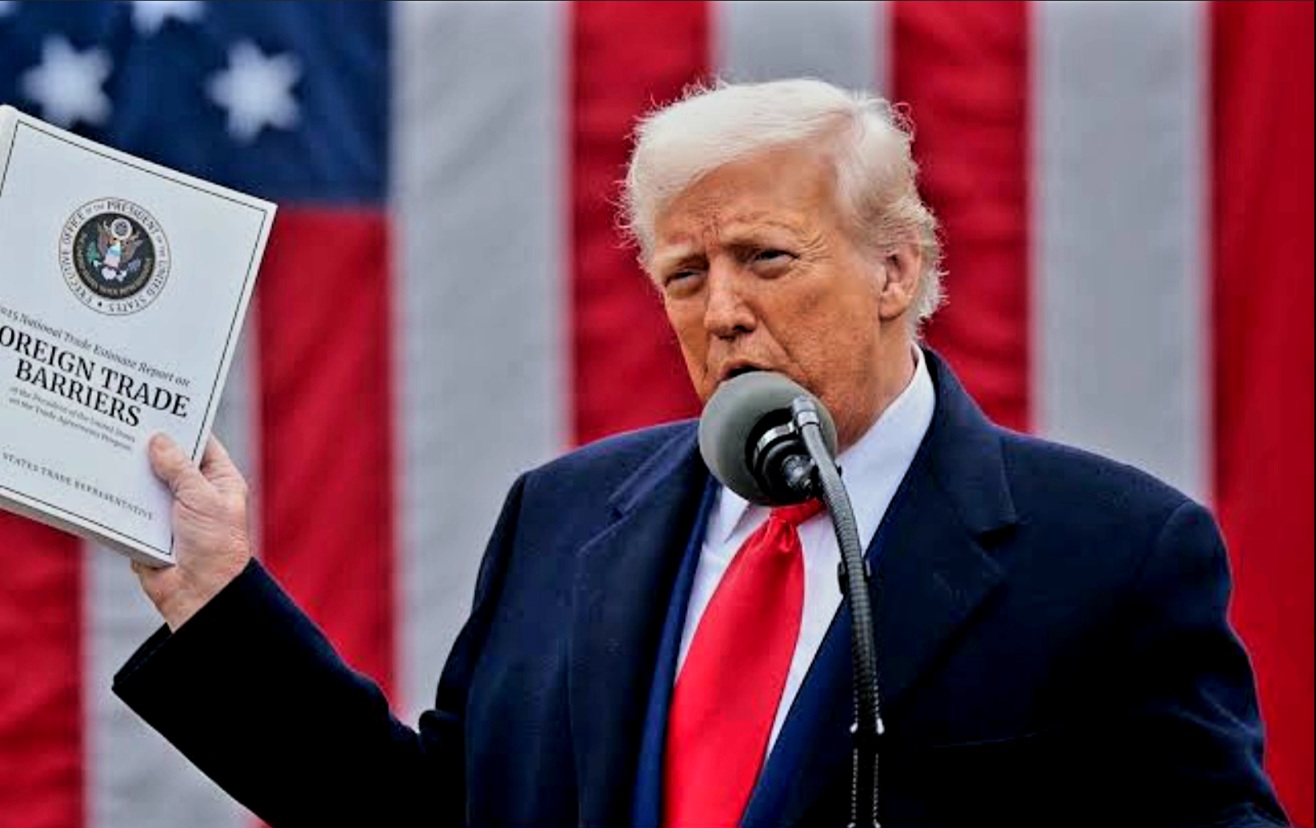

0 Comment(s)